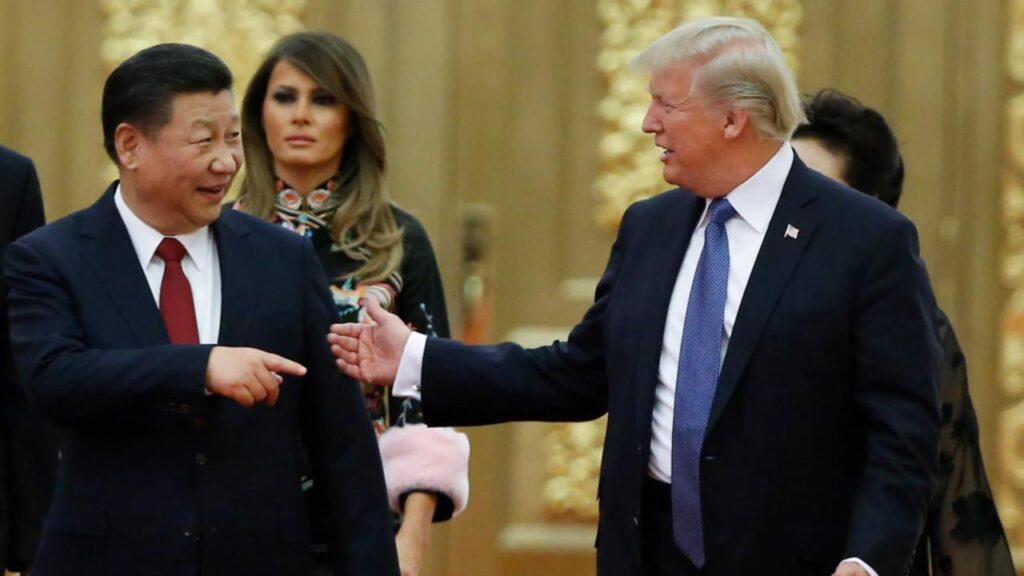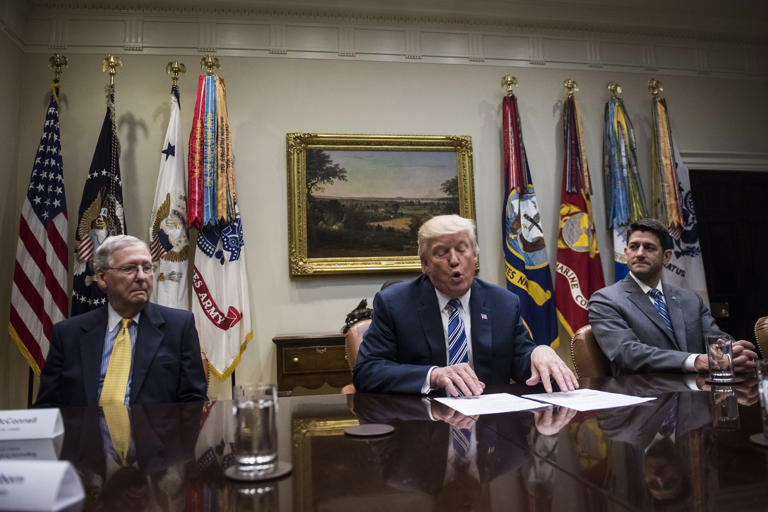In a headline-grabbing shift that’s caught the world’s attention, “Trump Demands Concessions” is now the defining phrase of this week’s high-stakes U.S.–China trade talks in London. The negotiations, kicking off today, are more than just tariff bickering—they’re about reshaping global economic dynamics from rare earths to fentanyl controls.

Trump Demands Concessions: New U.S. China Trade Talks
| Insight | Stat |
|---|---|
| U.S. tariffs on Chinese goods temporarily reduced to 30% | May 14 rollback |
| China’s exports to the U.S. dropped 35% in May | Sharp trade slowdown |
| Talks include rare earths and fentanyl chemical exports | Expanded negotiation scope |
London is where strategy meets symbolism. Trump is demanding more than economic gains—he’s pushing for leverage, legacy, and a show of power ahead of the 2024 election season. Whether China bites depends not just on trade math, but on geopolitics and pride.
Why London—and Why Now?
This week’s negotiations mark the first in-person session under a recently revived bilateral consultation framework. U.S. Treasury Secretary Scott Bessent and Commerce Secretary Howard Lutnick are meeting China’s Vice Premier He Lifeng following a 90-day trade truce announced after President Trump and President Xi spoke by phone on June 5.
The agreement saw U.S. tariffs on Chinese imports scaled down from a punishing 145% to 30%, while China cut its tariffs on U.S. goods to 10%. But that relief is set to expire in August unless a more durable deal is struck.
What the U.S. Wants
The Trump administration is leaning hard on China to:
- Lock in permanent tariff reductions
- Loosen restrictions on exports of rare earths and magnets used in everything from electric vehicles to missile systems
- Curb the flow of fentanyl precursors into the U.S., especially amid rising overdose deaths
U.S. negotiators are also pressing for more favorable access for American agriculture and energy products and a broader investment environment in China.
What China Might Offer (or Withhold)
China, for its part, seems open to modest extensions of tariff relief and potential purchases of U.S. goods. However, Beijing is reluctant to agree to any deep economic restructuring or U.S. interference in its export controls—especially on sensitive tech-related materials.
Vice Premier He is expected to emphasize reciprocity and sovereignty, aiming to avoid the kind of deep concessions China made in the 2019–2020 phase-one trade deal.
Economic Jitters as the Talks Begin
Markets rallied slightly after news of the meeting, with Asian indexes up and gold prices climbing as a hedge against potential volatility. But May’s data revealed a sharp 35% year-over-year drop in Chinese exports to the U.S.—a clear sign of the damage inflicted by months of escalating tariffs.
This trade downturn has hurt businesses on both sides. American manufacturers reliant on Chinese components have seen costs surge, while Chinese exporters have been forced to pivot toward Europe and Southeast Asia.

More Than Tariffs: Politics and Power in Play
These talks are also a diplomatic litmus test. Trump’s critics argue that he’s using trade as a wedge to extract concessions that touch on national security—such as limiting Chinese investment in U.S. ports and semiconductor plants.
There’s also Taiwan. Some foreign policy experts worry that any sign Trump might dial down U.S. support for Taiwan in exchange for economic gains could erode trust among allies in Asia and Europe.
“When economics and security become bargaining chips in the same poker game, the risk of miscalculation multiplies,” warned a Brookings analyst in a recent report.
What History Tells Us
Having covered the 2019 trade war firsthand, I’ve seen how quickly goodwill can unravel. Back then, Trump and Xi celebrated progress only to have it all crumble in weeks. This time, the stakes are even higher: the global economy is more fragile, and strategic mistrust has deepened.
Will London Deliver?
Right now, most analysts believe a partial deal is the most likely outcome. That might mean keeping tariffs lower for a while and agreeing on commodity purchases and limited technology cooperation. But any sweeping resolution on structural issues like IP enforcement or forced tech transfer? That’s not likely before the U.S. elections.
FAQs
Why are rare earths important in this negotiation?
Rare earth materials are crucial for defense and electronics. The U.S. relies heavily on Chinese exports, making them a critical bargaining chip.
What happens if no deal is reached?
Tariffs could snap back to 145% (U.S.) and 125% (China), possibly triggering new supply chain disruptions and market instability.
Does this mean the trade war is ending?
No. These talks might de-escalate tensions, but underlying disputes remain unresolved.






